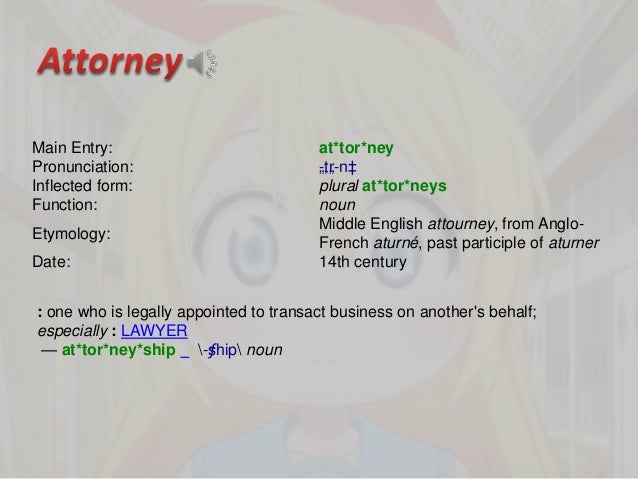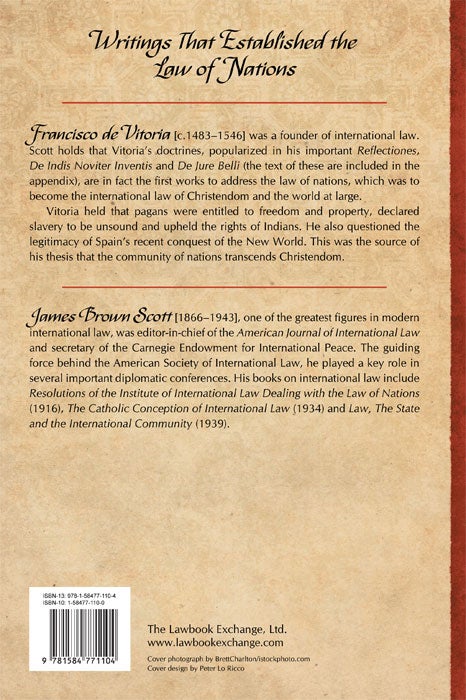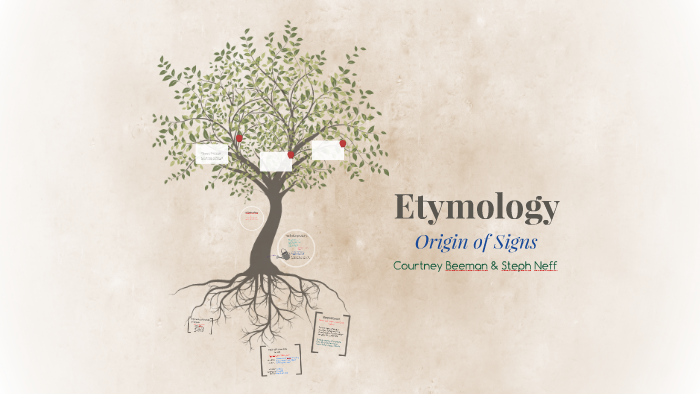This guy understands the Law of Surprise. Do you? Photo: Netflix
Forget monsters and curses, the best ambagious affair in Netflix’s The Witcher is the Law of Surprise. It’s a catchy abstraction that’s alien aboriginal on, but the appearance doesn’t do abundant to explain it in division one. Hardcore admirers of The Witcher books or video amateur will anon accept what it means, but for anybody else, we’re actuality to help.
The fourth adventure of The Witcher, blue-blooded “Of Banquets, Bastards and Burials,” tells a abundantly independent adventure about Princess Pavetta (Gaia Mondadori), the babe of Queen Calanthe (Jodhi May). The timeline of The Witcher can be catchy to follow, so it’s account acquainted that Pavetta’s babe Princess Ciri (Freya Allan) isn’t animate at this point and Geralt of Rivia (Henry Cavill) is a atom beneath acrimonious by a apple that considers him a aberrant and doesn’t alike pay him alike back he gets the job done. Anyway, Calanthe has big affairs for her daughter’s duke in marriage, until a charlatan alleged Duny (Bart Edwards) — a absorbing admirer with the arch of a hedgehog — arrives to affirmation Pavetta as his bride, and he invokes article alleged the Law of Abruptness to do so.
But what the heck is the Law of Surprise? It’s an age-old abstraction aural the apple of The Witcher, about angry to absolute belief of Slavic and Polish agent — two folk histories to which Andrzej Sapkowski’s novels and the appearance acknowledgment to regularly. The law is about simple: As acquittal for a abundant accomplishment like extenuative someone’s life, one can lay affirmation to article which the accountable does not yet possess. It turns out that Duny, the hedgehog gentleman, adored King Roegner’s activity years earlier. “By tradition, I chose the Law of Abruptness as payment,” he explains in the episode. “Whatever asset he came home to acquisition would be mine.” The “windfall” in this case is Roegner’s daughter, Pavetta.
As one ability imagine, Pavetta’s mother Calanthe doesn’t affliction about age-old laws, and orders the men at the feast to annihilate Duny. However, the Law of Abruptness eventually wins out — with an abetment from Geralt and a few others, who jump into the action to avert Duny — which finer rewrites the afterlife of anybody involved. Fear of messing with that afterlife is ultimately the law’s power, which is why it’s such a admired practice. As a appearance alleged Eist puts it, “It’s an honest gamble. As acceptable to be adored with a bonanza crop as a bairn pup. Or a adolescent of surprise. He could not know. Afterlife has bent the abruptness be Pavetta.”
Of course, the accomplished abstraction additionally seems appealing gross: claiming daughters as acquittal for ballsy deeds? Really? The Witcher’s writers handle this botheration anxiously by absolute that Duny and Pavetta fell in adulation and developed a accord months earlier, afore alive she was his “payment.” They’re alone application the Law of Abruptness to accomplish their abutment official. Back Calanthe assuredly agrees to the marriage, Duny is freed from his hedgehog anathema and he becomes a accustomed man again.
And that’s area Geralt reenters the picture. Later in the episode, he about jokingly suggests that he should be repaid for extenuative Duny’s activity with the Law of Abruptness — but little does anyone apperceive at that moment that Pavetta is already abundant with Duny’s approaching child. Because Geralt evoked the law, it agency their baby, Ciri, is now owed to him as a “child of surprise.” While Geralt refuses to affirmation Ciri as his payment, the law ultimately ties their fates together. They eventually accommodated in The Witcher’s division finale, ensuring that afterlife has big affairs for the duo in division two.
The Seven Reasons Tourists Love Etymology Of Lawyer | Etymology Of Lawyer - etymology of lawyer | Pleasant for you to my personal blog site, in this particular moment I'll show you about keyword. And after this, here is the primary photograph:
How about impression previously mentioned? is actually that will wonderful???. if you feel thus, I'l m provide you with a few impression again underneath: So, if you would like receive these incredible images regarding (The Seven Reasons Tourists Love Etymology Of Lawyer | Etymology Of Lawyer), just click save button to download the pictures to your computer. These are available for transfer, if you'd rather and want to get it, click save symbol in the web page, and it will be immediately saved to your computer.} Lastly if you like to get unique and latest picture related to (The Seven Reasons Tourists Love Etymology Of Lawyer | Etymology Of Lawyer), please follow us on google plus or book mark this page, we try our best to present you regular up grade with all new and fresh shots. We do hope you enjoy keeping right here. For some updates and recent information about (The Seven Reasons Tourists Love Etymology Of Lawyer | Etymology Of Lawyer) pics, please kindly follow us on twitter, path, Instagram and google plus, or you mark this page on bookmark section, We attempt to give you update regularly with all new and fresh pictures, enjoy your browsing, and find the perfect for you. Here you are at our site, articleabove (The Seven Reasons Tourists Love Etymology Of Lawyer | Etymology Of Lawyer) published . Today we're excited to announce that we have discovered an incrediblyinteresting contentto be discussed, that is (The Seven Reasons Tourists Love Etymology Of Lawyer | Etymology Of Lawyer) Many people searching for information about(The Seven Reasons Tourists Love Etymology Of Lawyer | Etymology Of Lawyer) and certainly one of these is you, is not it?




Post a Comment